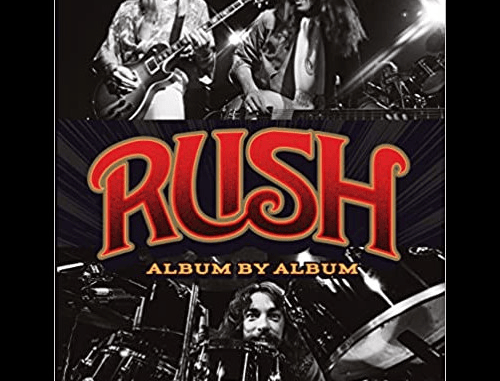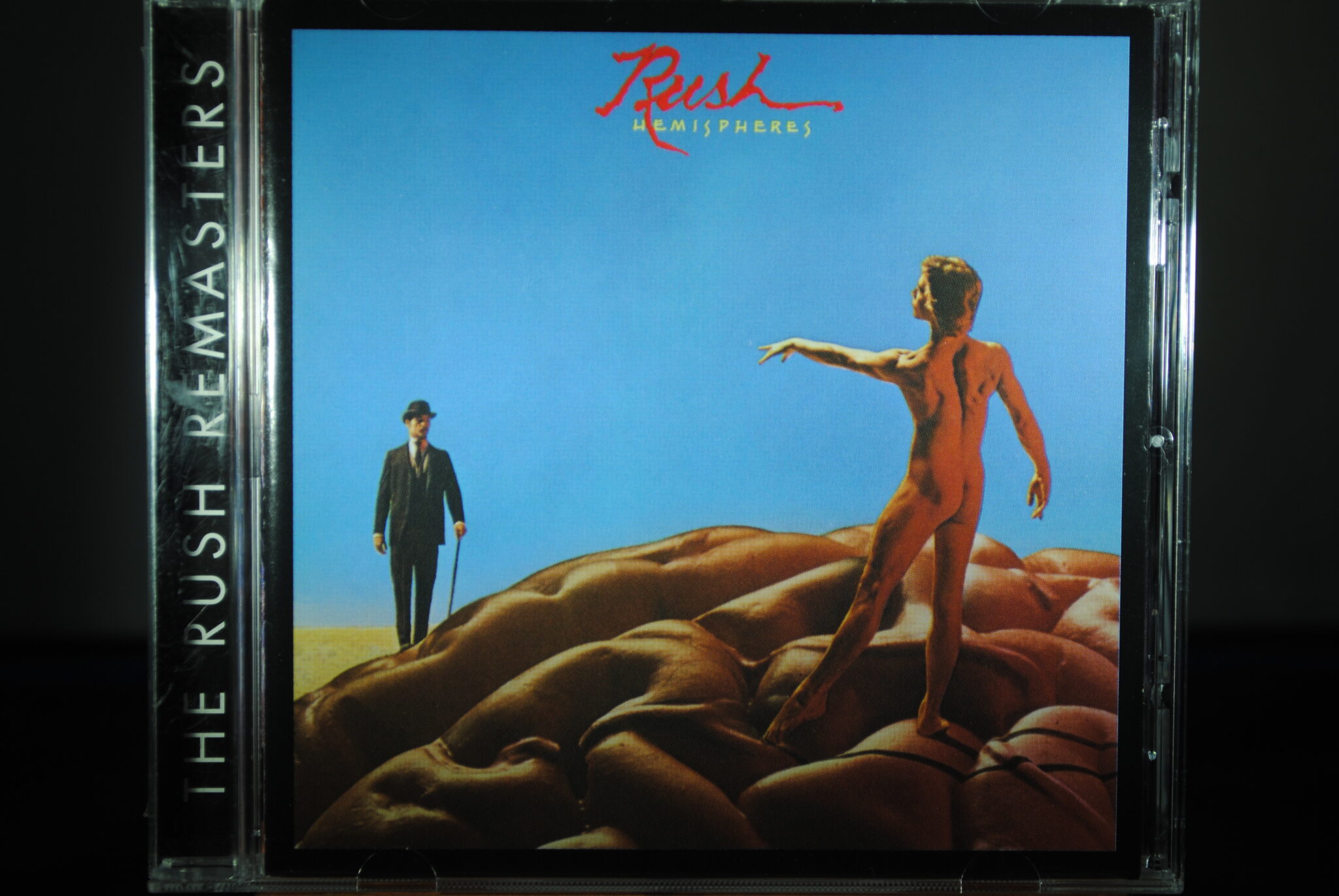
They might be ostensibly prog rock, but Rush are so much more than the mention of the genre first suggests. During their time, they touched on blues, hard rock, metal, and electro, with the trio constantly striving to push forward and develop. A gang of utter individualists, Geddy Lee, Alex Lifeson and Neil Peart coveted the idea of artistically charting their own course, which bore both scintillating triumphs and crushing flops.

The oscillating byproduct of being so authentic is something that the group were fully aware it would spawn. For instance, 1975’s Caress of Steel remains one of their biggest career failures, and it even produced existential questions for the band, with it the only time that guitarist Lifeson debated quitting. Ultimately, though, despite receiving flak from all angles, they hunkered down and committed even more firmly to this new prog-oriented path.
You’ve got to take the good with the bad, as they say, and in the face of such an onslaught, Rush produced what many class as their chef d’oeuvre the following year, 2112. One of their most full-bodied records in that it produced the sprawling epic of the title track as well as ‘A Passage to Bangkok’ and ‘The Twilight Zone’; there is simply no way it would have materialised without the bravery that underpinned the previous record, and indeed, the hatred that the trio received for their efforts.

Furthermore, not only were Rush fully aware that they couldn’t please everyone when they tried something new – such as when truly starting to experiment with the latest developments in synthesisers and samplers as typified by 1985’s Power Window – they were bolstered by knowing that at base level they something of a musical Marmite anyway – relative outsiders from the get-go. This essence allowed the band a degree of freedom on their journey, as before all else, the trio were in it to make art for themselves, not for others.
If drummer and lyricist Peart had given a single hoot about what fans thought of him, he likely wouldn’t have so heavily referenced the divisive Objectivist and right-wing hero, Ayn Rand, when conceiving ‘2112’. Their journey was so inextricable from their persons that even Lee and Lifeson were not critical of Peart expressing his individual philosophy in such a way. Even if you disagree with the song’s Objectivist sentiment, resoluteness is one of Rush’s greatest triumphs.
Frontman and bass hero Geddy Lee has discussed his old band’s cultural status numerous times and has always been forthcoming in his accounts. He makes no bones that they are a divisive name and aren’t for everyone. Whether it be Peart’s lyrical content, the out-there prog of the 1970s or even his countertenor falsetto delivery, there are many reasons why they don’t always resonate with listeners.

This is why when Lee was promoting his 2023 memoir My Effin’ Life on The National, and he was asked to name the best album to start with for newcomers, he struggled. However, he eventually settled upon 1981’s global hit Moving Pictures as the best introduction to the band. Considering it produced pop culture classics such as ‘Tom Sawyer’, there’s no real surprise he opted for such an accessible record.
Lee explained: “Oh god, you know, Rush is such an acquired taste, and there are things about our band that are a bit coarse, it takes some getting used to. There are some people that aren’t big fans of my voice for example, as I point out in the book, but I would say if you’re going to introduce someone to Rush, probably Moving Pictures would be the easiest gateway.”

Leave a Reply